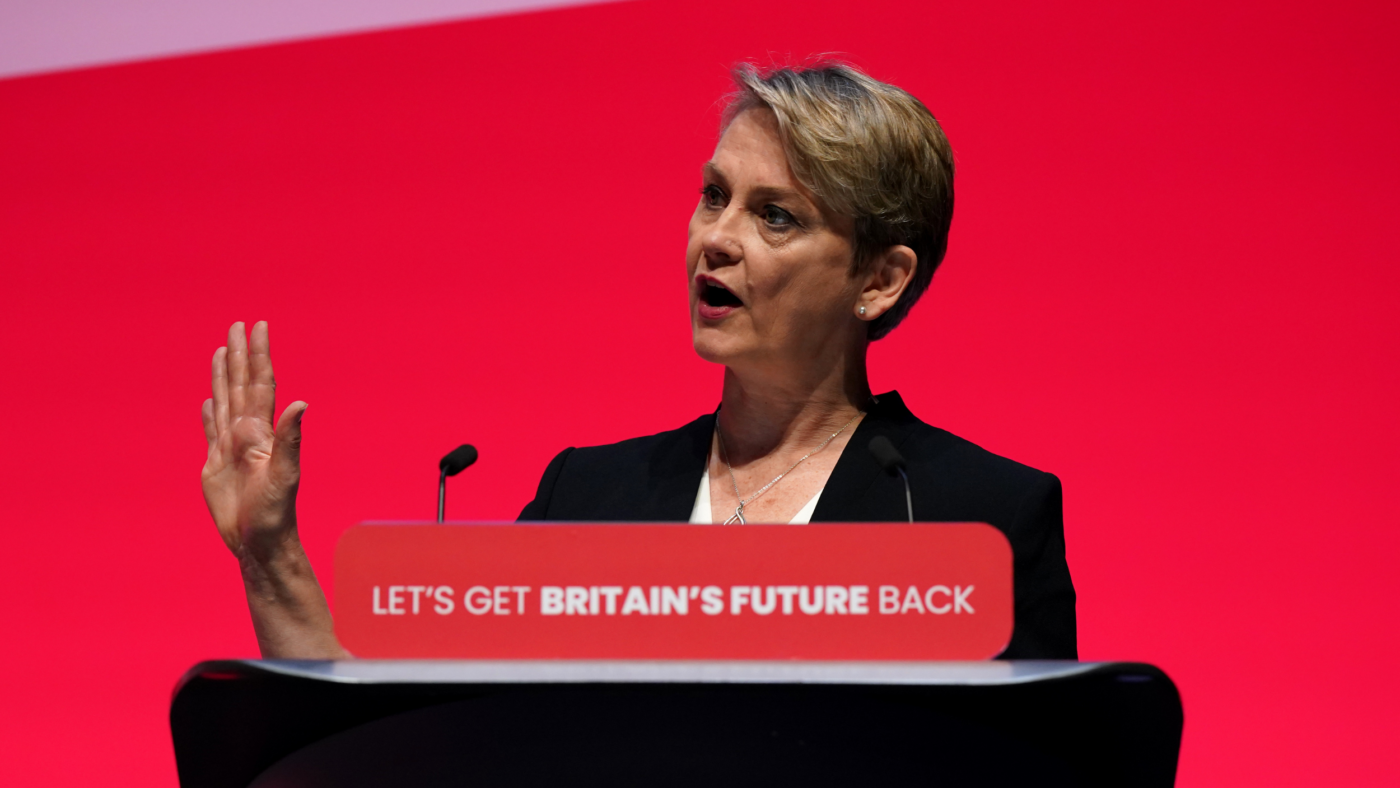You have to go quite far back in the political archives to find a government with a straightforward and easily defensible record in immigration. New Labour fulfilled a manifesto commitment by scrapping the ‘primary purpose’ rule in 1997, with net migration tripling the following year, and Tony Blair catastrophically underestimated the scale of movement from the countries which acceded to the European Union in 2004. The government’s official estimate of net population growth from the EU was between 5,000 and 13,000; in fact the overall figure that year was 268,000 and has been above 200,000 for 15 of the last 20 years.
The Conservative government which has been in office since 2010 has failed to make any significant impact on the scale of net migration. Until 2019, net migration never fell below 150,000, and 2020’s total of 93,000 was a Covid-19 blip, as 2021 saw an increase of 466,000. That ballooned to 745,000 in 2022 and 685,000 last year. The 2019 manifesto pledged that ‘overall numbers will come down’, just as the 2017 document had promised to ‘reduce and control immigration’ and the 2015 edition had announced its ‘ambition of delivering annual net migration in the tens of thousands’. For 20 years, then, politicians have seemed to say one thing while the opposite actually happened.
As anger and disappointment have grown, gleefully stoked by Nigel Farage and his various vehicles from UKIP to the Brexit Party to Reform UK, it has become almost impossible to debate the principles underlying immigration policy: why should limits be what they are? Who should the UK seek to attract? What effect does immigration actually have, considered across the spectrum?
Keir Starmer’s Labour Party offers no great insights on this issue. Its manifesto promises ‘secure borders’ and says on immigration that ‘the system needs to be controlled and managed’; it goes on to promise to ‘reduce net migration’ but gives no sense of scale or numbers. We are told to expect a ‘fair and properly managed’ system, ‘linking immigration and skills policy’, but this is no more than promising to be competent. There is no philosophy or rationale behind the policy.
The party has, admittedly, declared it will create a Border Security Command, headed by a former senior military, police or intelligence figure reporting directly to the home secretary. This body will ‘work across key intelligence and enforcement agencies’ to ‘smash criminal gangs and strengthen our borders’, and will be funded by the scrapping of the Migration and Economic Development Partnership with Rwanda. But we know that illegal migration, the target of this gung-ho new unit, is of the order of tens of thousands each year, a fraction of the overall number of net migrants. Even if Labour reduced illegal migration to zero, which is obviously impossible, there would still be a huge issue to address.
Yvette Cooper, the reassuringly dour shadow home secretary, does not admit any of this, naturally. Interviewed by LBC’s Nick Ferrari on Tuesday, she asserted that she wanted ‘to get the Conservatives’ backlog right down’ while conceding that ‘you obviously can’t do that on day one’. It is not at all clear, however, when Cooper anticipates doing that, or, indeed, how, since additional resources do not seem to be on the agenda. But in terms of numbers this is a sideshow.
How many new migrants does Labour think the UK should accept? We have no idea. Questions are batted away with promises to refer issues to the Migration Advisory Committee, an independent, advisory non-departmental body. This is a familiar part of the Starmer doctrine: give away power to the Office for Budget Responsibility, an Office for Value for Money, Great British Energy, a Fair Work Agency, a consultation on the House of Lords. If you don’t take the decisions, you can’t be blamed for the outcomes.
It is worrying enough that we seem to be expected to take on trust that Labour will somehow succeed where the Conservative Party has failed. What makes the pious idealism of Starmer, Cooper and the rest of Labour’s front bench much harder to accept as sufficient is that there is clearly no overarching philosophy, no attempt to wrestle with the fundamental issues of immigration policy. How many migrants do we need? Where are they needed? How do we attract the newcomers we want? What effect do they have on the economy and society overall? How do we process applications more swiftly and efficiently? How do we create a system that achieves that situation?
Labour won’t tell us. This may be the bone-deep, hyper-cautious paranoia which runs through its senior leaders who dread hostages to fortune. On the other hand, it is difficult to avoid the suspicion that they simply don’t know. Given Starmer’s relentless high-mindedness, that is not good enough.
Click here to subscribe to our daily briefing – the best pieces from CapX and across the web.
CapX depends on the generosity of its readers. If you value what we do, please consider making a donation.


